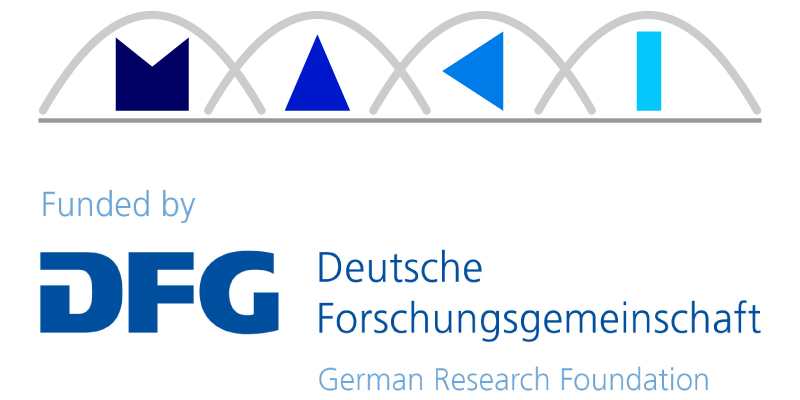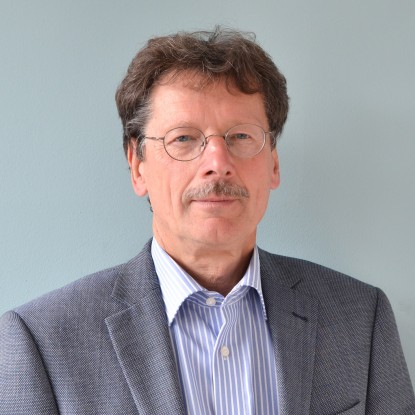Prof. Dr.-Ing. Armin Dekorsy
Universität Bremen
16 June 2021, 01:30 – 02:00 pm
„AI for orbital-terrestrial networks – key technology for global wireless connectivity“
via Zoom
Abstract:
The need for reliable and ubiquitous connectivity is driving the evolution of purely terrestrial networks towards 3-D orbital-terrestrial networks that tightly integrate 5G/6G base stations with High-Altitude -Platforms (HAPS), LEO constellations and GEO satellites in space into an overall network.
Due to their high complexity, such communication systems need to act as autonomously as possible to adapt agilely to e.g. dynamic service requirements of broadband/IoT services, load balancing and interference conditions. Recent results of research and development work on the application of AI/ML in terrestrial networks (5G/6G) motivate the use of these innovations for 3D networks, adapting AI/ML techniques in particular to space requirements.
The presentation will highlight corresponding challenges and technological advantages. For the design of baseband, routing and network slicing, examples will be given on a suitable division into on-ground/in-space learning, the use of deterministic motion profiles of satellites and the generalizability of ML methods. With respect to hardware architectures, the merits of general-purpose computing units and the parallelism of deep neural networks (DNNs), as well as the usability of ML-based COTS components, are highlighted. These examples demonstrate the potential of AI/ML to reduce power consumption, hardware implementation space, and cost while maintaining the overall system autonomy required.
Bio:
Since 2010 Prof. Armin Dekorsy is the Professor for Communications Engineering and head of the Department of Communications Engineering at University of Bremen where he also started his career as a research assistant in 1996. From 2000 to 2001 he worked as a research and development engineer at T-Nova, Darmstadt, before he got an engagement as a research engineer and project manager at Bell-Labs Europe, Alcatel-Lucent Deutschland GmbH, Nürnberg (2001-2007). In 2007, he joined the Qualcomm CDMA Technologies GmbH in Nürnberg as Research Coordinator Europe before he went back to Bremen in 2010. He investigates new lines of research in wireless communications and signal processing for the baseband of transceivers which can readily be transferred to industry. His current research directions include distributed information/signal processing, compressive sensing, machine learning inference/decision methods, and 5G/6G communications such as massive machine type, ultra reliable low latency and LEO satellite communications.





